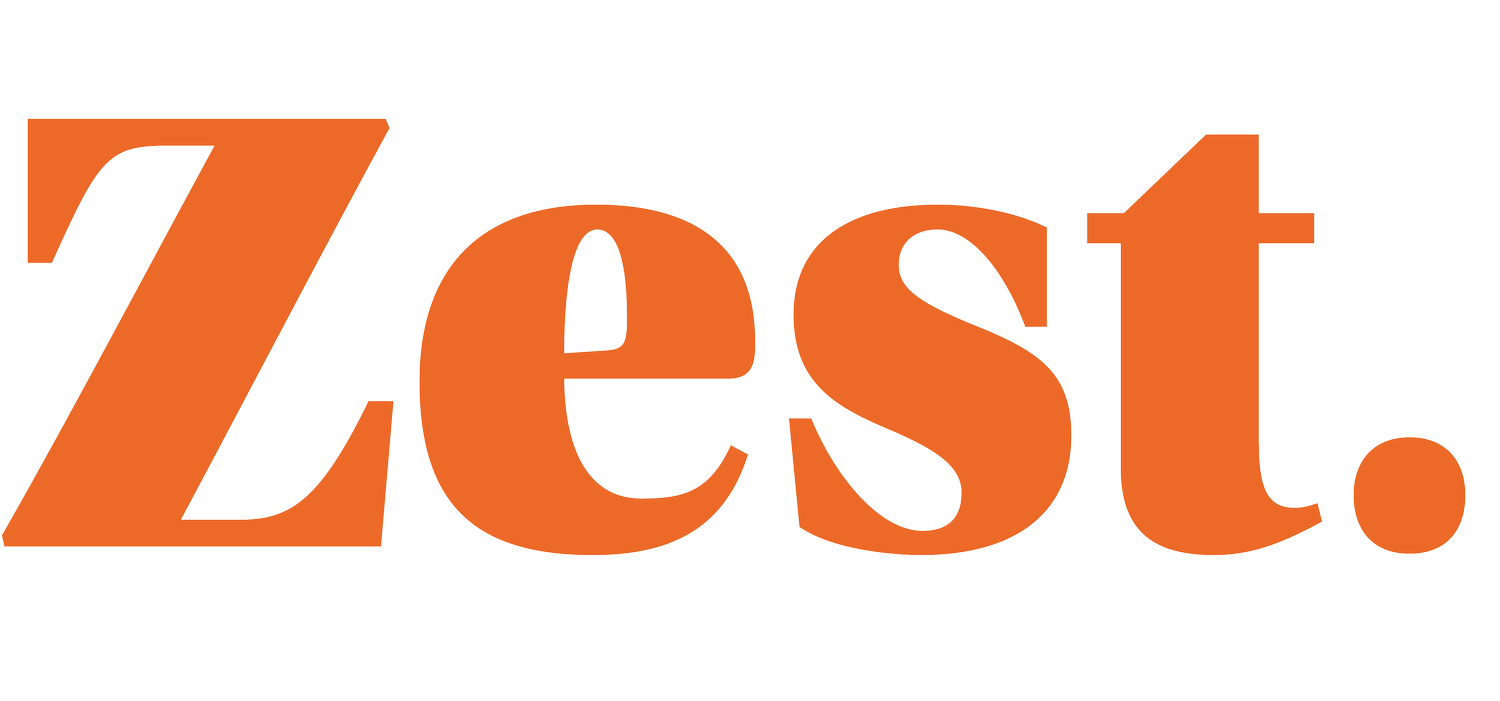How the Spring 2024 Budget Affects You
With what could be the last budget before the election, let’s take a look at the key changes and how they affect you and your business.
With what could be the last budget before the election, let’s take a look at the key changes and how they affect you and your business.
Changes to Child Benefit Rules
One update that affects many of our clients is the adjustments made to Child Benefit rules.
Starting 6 April 2024, you'll only need to repay Child Benefit once your income exceeds £60,000 (previously £50,000). You'll only lose the benefit entirely if you earn more than £80,000 per year (previously £60k). Between £60k and £80k, you'll lose £1 of benefit for every £200 you earn above £60k.
These thresholds are still per person, not combined household income. So, the main criticism of the rules, that they unfairly penalise households where one parent earns more than the other, has not been dealt with.
For those who become eligible for Child Benefit from 6 April 2024 and are not currently receiving it, you can make a claim via HMRC's app or online platform.
Changes to Class 1 NIC
Employees (inc. Company Directors)
If you're employed and pay employees NIC, from 6 April 2024, the rate of NIC paid will drop to 8%, having previously dropped from 12% to 10% in Jan 24.
If you're a company director and take a salary of up to £12,570 per annum and dividends, you currently do not pay any NIC, so the savings will not be relevant to you.
Self-Employed
NIC paid on profits between £12,570 and £50,270 will drop from 9% to 6%.
And just a reminder, as announced in the autumn budget, Class 2 NICs will be abolished from 6 April 24.
These changes will save a self-employed person, earning the UK average of £28k per year, around £650 per year.
However, despite these new rate cuts, some employees, directors, self-employed and pensioners will still pay more tax overall due to freezes on income tax thresholds.
VAT Registration Threshold Increases
From April 2024, businesses will now have to register for VAT if their turnover exceeds £90,000 in any rolling 12-month period. The current limit is £85k.
The VAT de-registration limit has increased to £88k per rolling 12 months. So, if you're looking to de-register your business, sales must fall below £88k before this can occur. The current limit is £83k.
New ISA to be introduced
A new UK ISA will be launched to offer further investment opportunities for savers.
The UK ISA will have a tax-free allowance of £5,000 in addition to the existing ISA allowance. This increases the tax-free investment allowance from £20,000 to £25,000.
To avoid confusion, any interest or gains earned from an ISA are tax-free. Making the actual investment isn't tax-free – e.g. withdrawing £25k from your company to invest isn't tax-free.
If you’d like to ask any questions on how the budget affects your business, please get in touch.
As always, the above is general guidance. Please contact your accountant to find out how your specific personal circumstances will be affected.

